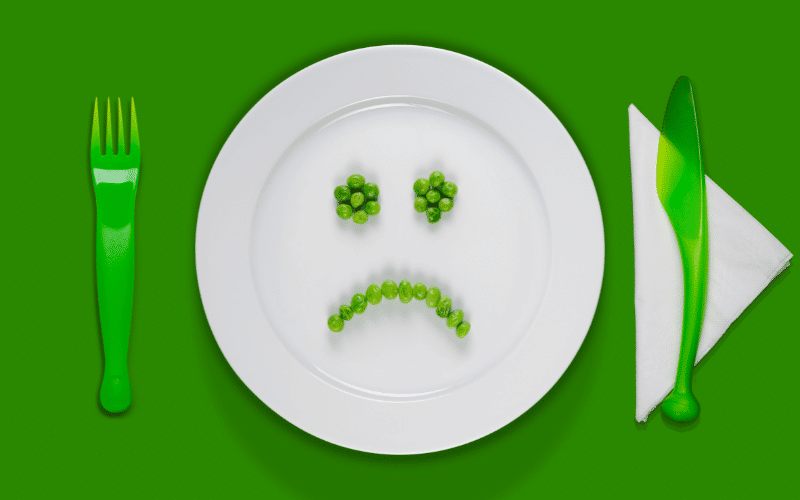Introduction: The Importance of Iron and the Factors Leading to Deficiency
Iron is a crucial element in our body, as it helps produce hemoglobin, the protein responsible for transporting oxygen in the blood. Adequate iron levels are essential for maintaining overall health and preventing anemia. However, many people across the globe suffer from iron deficiency, which can lead to various health issues, including fatigue, dizziness, and pale skin. This article aims to explore the top 10 causes of iron deficiency, helping you understand what triggers this common condition and how to avoid it.
The first part of the introduction delves into the essential role iron plays in our bodies, highlighting its significance in various physiological processes. We will also discuss how a deficiency in this crucial nutrient can impact your well-being and increase your risk of developing certain health conditions.
In the second part of the introduction, we will provide an overview of the top 10 causes of iron deficiency. This section will set the stage for a more in-depth exploration of each cause in the subsequent sections. By understanding these causes, you can take preventative measures and ensure that your iron levels remain within a healthy range.
Cause 1: Inadequate Dietary Intake

One of the leading causes of iron deficiency is an inadequate intake of iron-rich foods. The body cannot produce iron on its own, making it essential to consume sufficient amounts through the diet.
The primary sources of iron are animal-based foods, such as red meat, poultry, and fish. These foods contain heme iron, which is easily absorbed by the body. However, plant-based sources like beans, lentils, and fortified grains also contribute to iron intake. These sources provide non-heme iron, which is less easily absorbed, making it essential to consume a larger quantity to meet the body’s needs.
Individuals following a vegetarian or vegan diet may struggle to obtain enough iron, as they rely solely on plant-based sources. Additionally, some diets may inadvertently limit iron-rich foods due to other health concerns or personal preferences. To combat this, individuals should aim to incorporate a variety of iron-rich foods, and in some cases, consider supplementation to meet their daily iron requirements.
Another factor that may influence iron intake is the presence of inhibitors in the diet, such as calcium, phytates, and polyphenols. These substances can decrease iron absorption, making it more challenging to meet daily iron needs. To optimize iron absorption, individuals should consume iron-rich foods alongside vitamin C-rich foods, such as citrus fruits and tomatoes, which enhance iron absorption. (1)